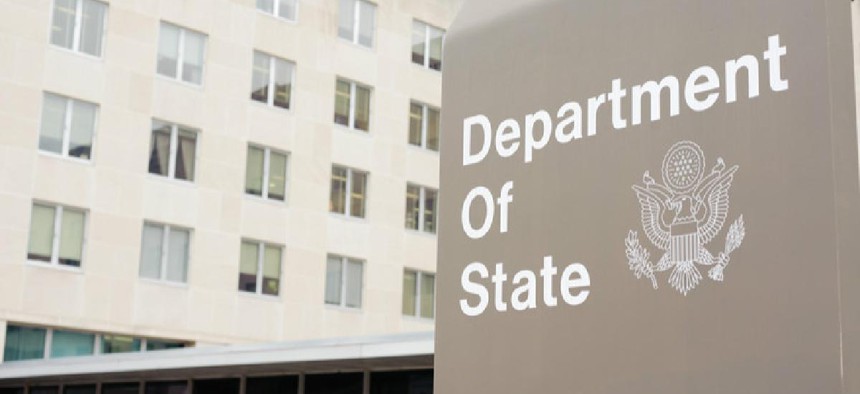Senate panel votes to revive State cyber office

Lawmakers are closing in on an effort to reverse a Trump administration move to sideline a cyber diplomacy function at State.

Lawmakers are closing in on an effort to reverse a Trump administration move to sideline a cyber diplomacy function at the State Department. The Senate Foreign Relations committee voted to advance the Cyber Diplomacy Act on June 26, which includes a plan to restore the functions of the former cybersecurity office under a new name.
Chairman Bob Corker (R-Tenn.) released a statement saying the U.S. is increasingly reliant on allies and partners "to maintain a secure, reliable and open internet."
Corker added: "We need a robust agenda for cyber diplomacy with the leadership and congressional oversight necessary to carry it out successfully. Enactment of this legislation will more effectively focus and centralize cyber diplomacy efforts at the State Department."
The legislation was introduced following a decision by then-Secretary of State Rex Tillerson to downgrade State's cyber office last year.
The Senate bill revives a cyber policy office as the Office of Cyberspace the Digital Economy and mandates that its head be a presidential appointee with the rank of ambassador.
The Senate bill also includes a provision requiring the Government Accountability Office to brief Congress on international threats to the U.S. in cyberspace, whether diplomatic efforts abroad are helping to protect the sensitive personal information of U.S. citizens and recommendations to policymakers about how best to protect that information.
The House passed a similar bill in January. When that bill advanced, the Trump administration itself reversed course and announced a proposal for a new Bureau for Cyberspace and the Digital Economy led by a Senate-confirmed assistant secretary that would take on many of the same responsibilities. The State Department did not reply to FCW's questions about the status of that effort under new Secretary of State Mike Pompeo.
Christopher Painter, who stepped down as cyber coordinator at State last year, has expressed concern that the administration’s proposal would dilute the office's impact on global cyber policy by combining it with the Office of International Communications and Information Policy in the Bureau of Economic Affairs. The Senate bill requires that a new top cyber official would report to the undersecretary of State for political affairs.


